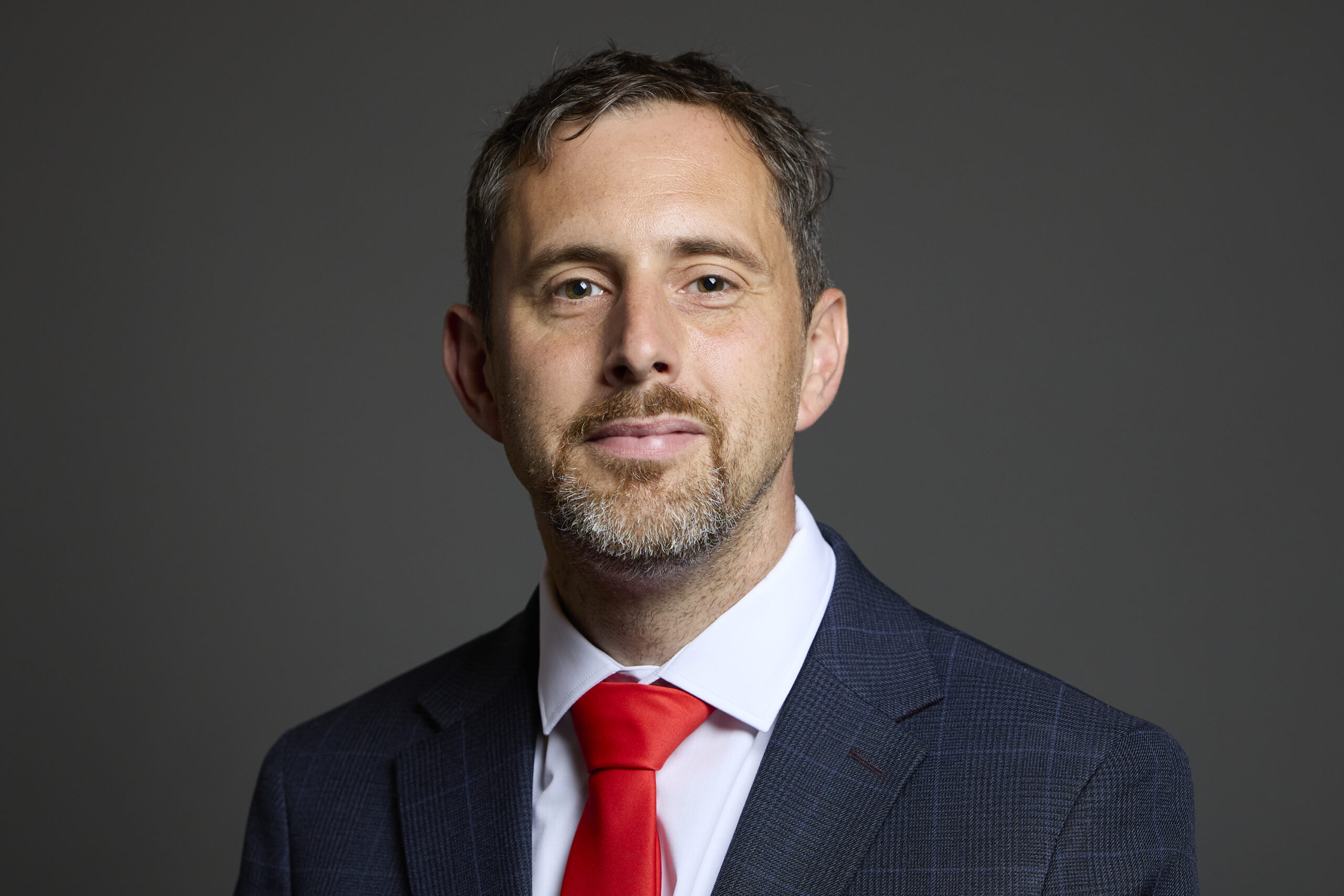Earlier this week, I led an adjournment debate in the House to raise awareness about the outcomes of the 2015 Deregulation Act and the impact it has had on our Taxi sector. A sector that many of us often rely on in everyday life, in random moments, or in desperate times. A sector we cannot afford to squeeze out.
The debate over taxi licensing may seem like a technical, bureaucratic issue to some, but to the hardworking drivers in towns like Harlow and across the country—and to the passengers who rely on them—this is a matter of fairness, safety, and livelihood. Since the introduction of the 2015 Deregulation Act, which was meant to simplify processes, unintended consequences have left both drivers and passengers vulnerable. It’s time we addressed these concerns head-on.
This is by no means a partisan attack. The 2015 Deregulation Act has merits to it, but the unintended consequences of this act have destabilised the taxi sector and taken it away from what should be its core focus– passenger safety.
One of the most pressing issues is the loophole that allows private hire drivers to license their vehicles in district authorities far from where they operate. This has resulted in drivers bypassing local standards by “shopping around” for the cheapest license available, even if it’s in a completely different region. Harlow, for instance, has long held a gold standard for taxi services—our drivers take pride in adhering to safety protocols because they know how crucial it is to protect their passengers. Yet, the rise of cross-border licensing is undermining these efforts, stripping councils of the power to enforce proper oversight.
It’s important not to descend into a blame game with this. Yes, some local authorities offer cheaper licenses, but no, the cost of the license is not the point of contention, it is the consequences of this open market on the wider sector.
Imagine a scenario where a driver, having lost their license in one district due to safety violations, can simply apply for a license elsewhere and continue operating with little to no scrutiny. Local authorities lack the enforcement tools necessary to police out-of-town drivers, and this is more than just a bureaucratic oversight—it’s a public safety crisis waiting to happen.
Taxis are not just a convenience; they are often relied upon by some of the most vulnerable members of our community. Shouldn’t we, as a society, guarantee that every ride is safe, that every driver is properly vetted, and that every vehicle is thoroughly inspected? Unfortunately, under the current system, we cannot.
The inconsistency in signage requirements across districts only adds to the confusion. In Harlow, for example, we enforce clear, visible signage—roof boxes for taxis, door signs for private hire vehicles—so passengers can immediately identify whether a vehicle is legitimate. But this is not a universal standard, meaning passengers in different areas may have no idea whether the taxi they’re stepping into is safe or even legally operating.
Waiting for a tragedy to occur before addressing these systemic problems is not just irresponsible—it’s reckless. The risks are too high to ignore, and we need proactive measures. National minimum standards, as well as empowering councils to enforce regulations across borders, are crucial steps. The law should also ensure that private hire journeys either start or end within the licensed area, preventing rogue operators from bypassing local scrutiny altogether.
But it’s not just about safety—this is about fairness for the drivers who are seeing their livelihoods undermined. Many drivers operating under cross-border licenses lacks the local knowledge that passengers expect, and this erodes trust in the industry. At a time when we should be supporting local businesses, these regulatory loopholes are putting unnecessary obstacles in their way. I would go as far as to say this is actively impeding our local taxis’ ability to operate; not only are we not supporting them, but we are also harming their business.
Our taxi drivers deserve better. The passengers who rely on them deserve better. This isn’t about adding red tape—it’s about common-sense regulation that protects lives and livelihoods. By reforming the law, we can ensure that when someone steps into a taxi, they can do so with confidence, knowing they are safe.
Having the opportunity to address this issue in the House was an important first step, it is bringing this issue of safety and support to the forefront, giving it airtime to what is objectively a niche issue. But that is what adjournment debates are all about after all.
The Deregulation Act 2015 was supposed to help taxi drivers, instead it has left both drivers and passengers vulnerable


